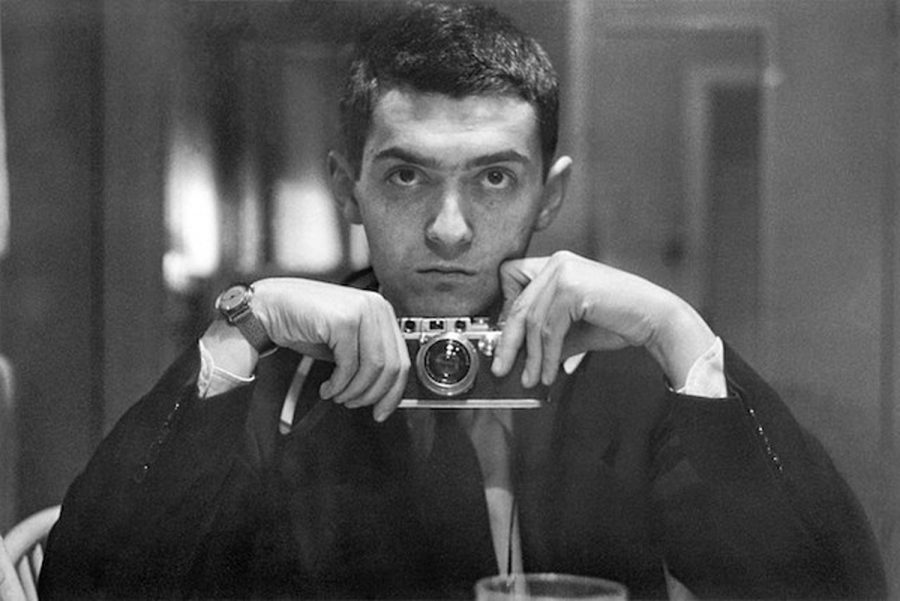Top 5 Favorite Directors
Many directors have changed the game of film. Here is a list of the most inspirational ones.
October 2, 2018
1: David Lynch: He’s surrealist genius and a master of the nonlinear plot. Every scene feels like a trip through something that has never happened but feels so familiar. He directs a scene with such persistence and motivation that he is able to get the very best out of his actors. Things may seem weird or confusing, but everything has a meaning that can be found past the film.
2: Stanley Kubrick: The craziest director of them all. Every movie by him is a complete masterpiece; so much time went into every frame to make sure everything was absolutely perfect. Kubrick’s stories took years to write because he would spend so much time to research, and that’s very clear in his films because of how elaborate the characters and dialogue are. Definitely the most inspirational director of all time.
3: Alfred Hitchcock: The grandfather of thriller. Hitchcock knew how to make your bones chill without using any cheap scares. He would make scenes that would stay in your mind hours after you watch his film. However, when he decides not to go for a thriller, his films are still masterpieces. He believed editing was the most important aspect to filmmaking, and it’s very apparent how precise he is with his edits.
4: Wes Anderson: A very heavily styled approach to filmmaking, including monotone dialogue, wide angle lenses, and reverse age behavior. Anderson uses color palettes beautifully to further communicate his vision with the audience. His style offers a unique telling of a simple story.
5: Quentin Tarantino: A true visionary for original scripts that include detailed characters, intersecting stories, and lots of violence. Tarantino’s unique Southern Californian style sets up the tone of his stories: a modern day western. Other directors approach controversial topics to establish an edginess in their work, but Tarantino implements these topics because they are crucial to the story, and they give a sense of time period or values of his characters.



